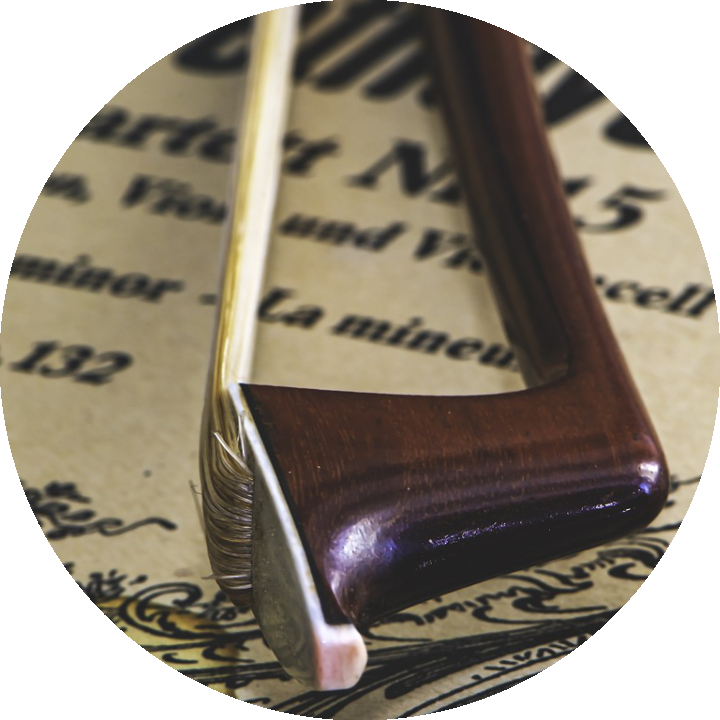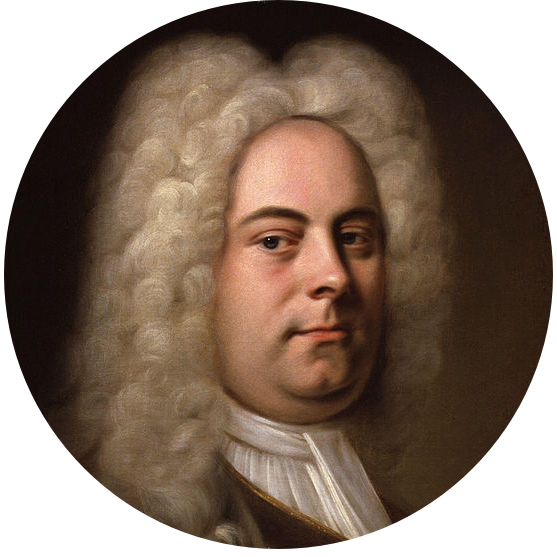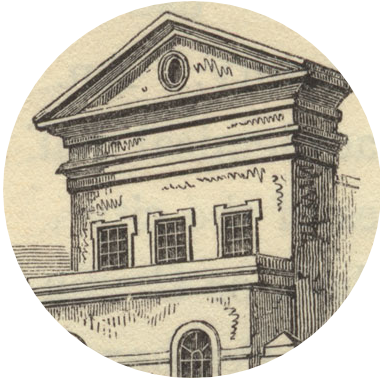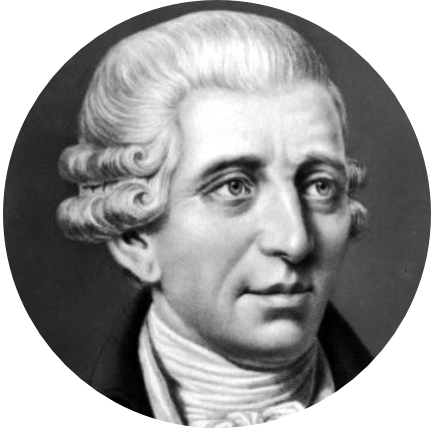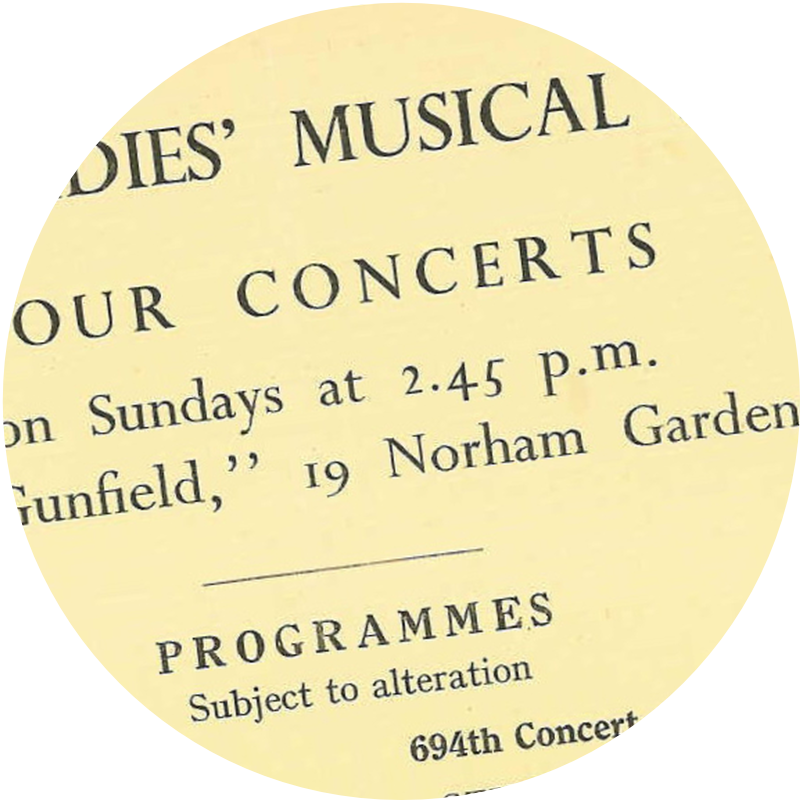In July 1733 Handel spent a week in Oxford at the invitation of the Vice Chancellor directing a festival of his own music to celebrate the University’s ‘Publick Act’, which was being revived after a break of several years. At that time Oxford was a known haven for Jacobite sympathisers, so the visit of a German composer associated with the new Hanoverian dynasty was not without its opponents.
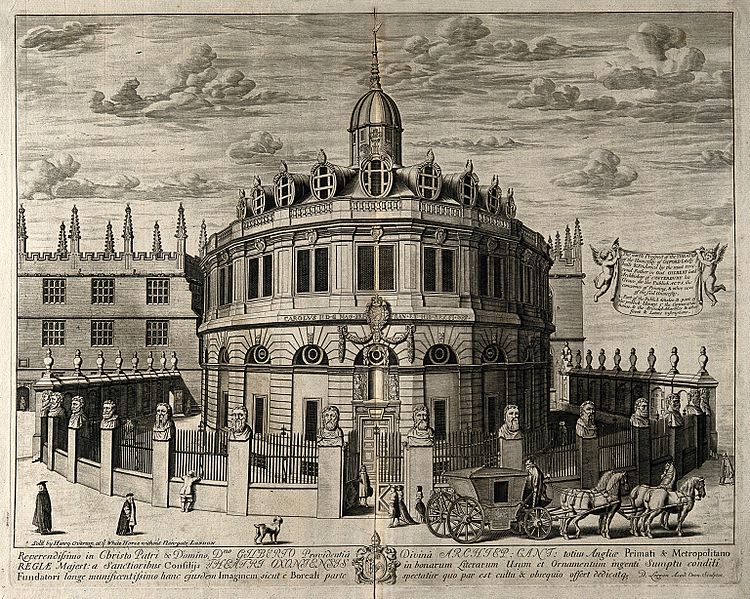 While some grumbled about ‘Handel and his lowsy Crew’, others complained bitterly about the high cost of tickets for the premiere – in the Sheldonian Theatre – of a new oratorio by the composer. Undergraduates were reported as having had to sell their furniture in order to afford the ticket price of five shillings; nonetheless Athalia was successfully performed by the ‘forreign fidlers’ [sic], and won many admirers for Handel. Other works by Handel presented during the week were the ‘Utrecht’ Jubilate and Te Deum (University Church), Acis and Galatea (Christ Church Hall), and the composer’s earlier oratorios Esther and Deborah (Sheldonian).
While some grumbled about ‘Handel and his lowsy Crew’, others complained bitterly about the high cost of tickets for the premiere – in the Sheldonian Theatre – of a new oratorio by the composer. Undergraduates were reported as having had to sell their furniture in order to afford the ticket price of five shillings; nonetheless Athalia was successfully performed by the ‘forreign fidlers’ [sic], and won many admirers for Handel. Other works by Handel presented during the week were the ‘Utrecht’ Jubilate and Te Deum (University Church), Acis and Galatea (Christ Church Hall), and the composer’s earlier oratorios Esther and Deborah (Sheldonian).
Among the admirers of these musical riches was the Professor of Music, William Hayes, who went on to develop a strong tradition of Handel performance in Oxford. In 1749, in less politically divisive times, he mounted a Handel festival to mark the opening of the Radcliffe Camera. Among the works included was Messiah, which received its first performance on the British mainland outside London.
It is debated whether the composer himself patronised the festival or, indeed, whether he ever visited the Holywell Music Room, opened the previous year; however, we may take pride in knowing that the Sheldonian Theatre is the only building still standing in which Handel premiered one of his oratorios.
Malcolm Pearce
